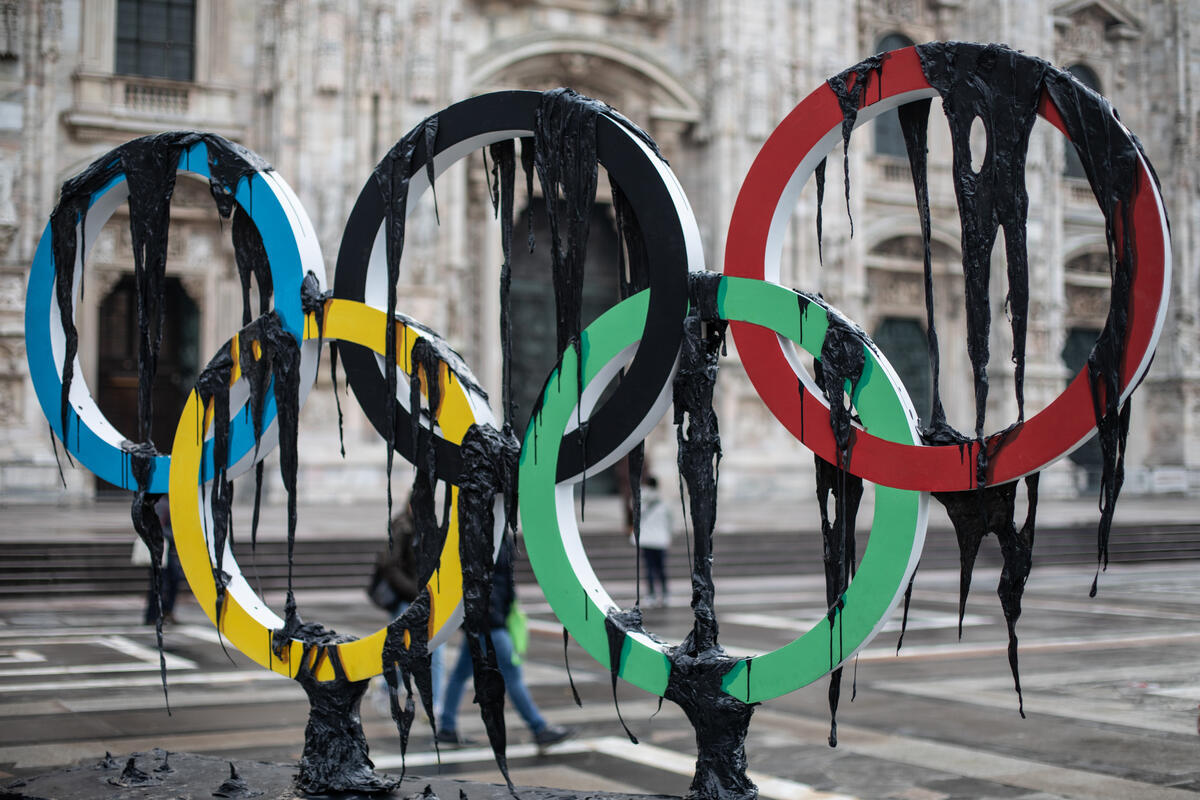This year’s coveted Booker Prize went to “The Seven Moons of Maali Almeida,” an “afterlife noir” written by Sri Lankan author Shehan Karunatilaka.
Held at the Roundhouse in London, it was their first fully in-person awards ceremony since 2019.
The event featured many familiar faces. Singer-songwriter Dua Lipa delivered the keynote speech and, in one of her first public appearances since the change of reign, Her Majesty The Queen Consort attended to award Karunatilaka with his trophy.
Karunatilaka also took home the prize of £50,000, presented to him by last year’s winner Damon Galgut, as well as a designer-bound edition of his book, and the additional £2,500 given to each shortlisted author.
We are delighted to announce that the WINNER of the #BookerPrize2022 is ‘The Seven Moons of Maali Almeida ’ by Shehan Karunatilaka.
Discover more about the winning book: https://t.co/e5pLgvWmld@shehankaru @sortofbooks @ShahidhaBari @hrcastor @amabanckou @mjohnharrison pic.twitter.com/mtaVewL7Ij
— The Booker Prizes (@TheBookerPrizes) October 17, 2022
The “mordantly funny” novel, “The Seven Moons of Maali Almeida,” began to take shape for Karunatilaka in 2009, after the end of the Sri Lankan Civil War. This conflict between the separatist Tamil forces and the Sri Lankan government began in 1983 and was estimated to have produced a death toll of 80,000 to 100,000.
Published by the independent press Sort of Books, “Seven Moons” is set in 1990, mid-Civil War, in Sri Lanka’s capital Colombo where Karunatilaka grew up.
The text follows the afterlife of protagonist Maali Almeida, a war photographer who only has seven moons to work out the identity of his killer and guide his loved ones on Earth to a cache of powerful photos.
Related Articles: War Poems from a Ukrainian Poet | What Is Eco-fiction and Why it Matters
In the words of Neil MacGregor, this year’s Chair of judges, the book “dissolves the boundaries not just of different genres, but of life and death, body and spirit, east and west” whilst also calling attention to “the tenderness and beauty, the love and loyalty, and the pursuit of an ideal that justify every human life.”
The judges are said to have admired the ambitious scope of the novel, and the “hilarious audacity of its narrative techniques.”
Karunatilaka himself acknowledges the “gallows humour” that runs through the pages.
In fact, the author refers to dark comedy as particularly necessary within the text as it has become somewhat of a coping mechanism used by many Sri Lankans to process the violence that continues to haunt their country’s political landscape.
Karunatilaka is now the second Sri Lankan-born author to be awarded the Booker Prize, preceded by Michael Ondaatje who took home the trophy in 1992 for “The English Patient.”
“The Seven Moons of Maali Almeida” has been long-anticipated following Karunatilaka’s debut novel “Chinaman,” published in 2011, which won the Commonwealth Prize and situated the now two-time novelist firmly on the literary stage.
The author, who has also written rock songs, screenplays, and travel stories, expressed in his charismatic acceptance speech the truly dark history that provided the novel’s foundation. He stated:
“I was going to read the names of all the journalists, the activists, the politicians, the civilians, the innocents, who have been murdered by the state or by those opposing it in my lifetime in Sri Lanka, but if I had done that we’d be here all night.”
Karunatilaka goes on to state his hopes that “in the not too distant future [in Sri Lanka] “Seven Moons” will be in the fantasy section of the bookshop and will not be mistaken for realism or political satire.”
Although the selection of “Seven Moons” as the winner came as a surprise to some who had expected the award to go to Alan Garner, an English author renowned for his children’s fantasy novels, Karunatilaka has been widely praised by the public as a worthy recipient.
The novel defies categorisation by combining tropes from thrillers with elements of magical realism that juxtapose with its all too palpable historical setting. This fascinating amalgamation, and the high critical praise that winning the Booker Prize demonstrates, guarantees a vast, international readership for Karunatilaka’s second novel. Should he choose to publish again, be it in another decade or sooner, his track record certainly alludes to further brilliance.
Editor’s Note: The opinions expressed here by the authors are their own, not those of Impakter.com — In the Featured Photo: Books in black wooden bookshelf. Featured Photo Credit: Pixabay.









